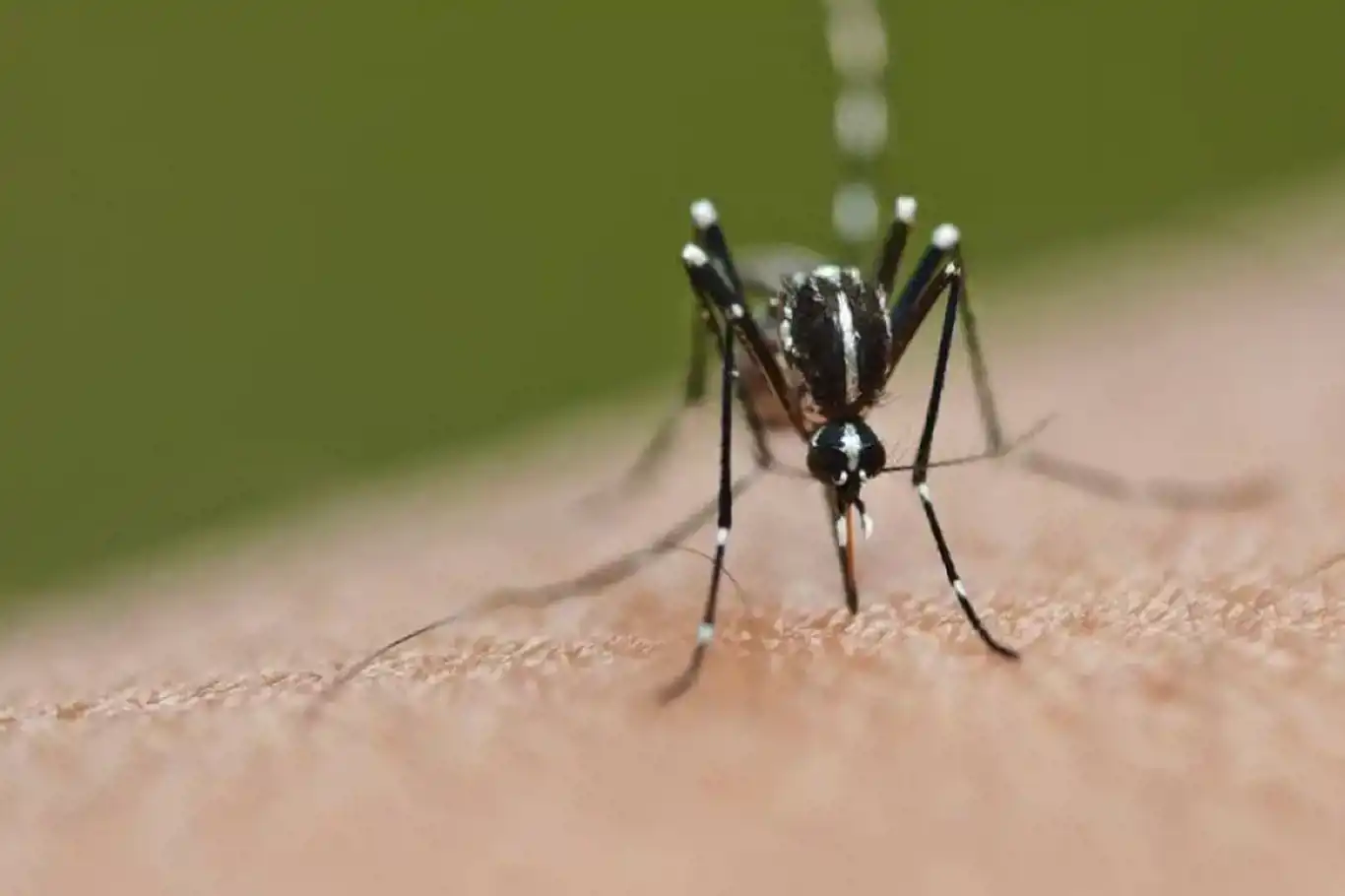Cambodia reports sharp rise in dengue fever cases in first 9 months of 2023


Cambodia has recorded 21,568 dengue fever cases in the first nine months of 2023, a significant rise of 184 percent from 7,597 cases over the same period last year, a health official said on Thursday.
The disease killed 38 people during the January-September period this year, up from 14 deaths over the same period last year, Leang Rithea, National Dengue Program manager and deputy director of the National Center for Parasitology and Malaria Control, told Xinhua.
The Cambodian government has taken steps to curb the outbreak, including providing insecticide to households and spraying insecticide to kill mosquitoes.
However, health officials are urging parents to take their sick children to health centers or state hospitals within 48 hours if they suspect their kids were infected with a dengue virus.
Dengue fever is a viral disease transmitted through the bite of an Aedes mosquito, which is a day-biting mosquito.
The disease causes an acute illness that usually follows symptoms such as headache, high fever of up to 40 degrees Celsius, exhaustion, severe muscle and joint pain, swollen glands, vomiting and rash.
The peak of the dengue epidemic period in Cambodia is in the rainy season from May to October. (ILKHA)
LEGAL WARNING: All rights of the published news, photos and videos are reserved by İlke Haber Ajansı Basın Yayın San. Trade A.Ş. Under no circumstances can all or part of the news, photos and videos be used without a written contract or subscription.
İpek Baz, Chair of the Women’s Branch of the HÜDA PAR Diyarbakır Provincial Directorate, has drawn attention to a growing crisis in women’s healthcare access in Türkiye’s southeastern region.
In 2024, Türkiye recorded significant internal migration, with 2,682,673 people relocating across provinces, according to data released by the Turkish Statistical Institute (TurkStat) on Monday.
A child has died from measles at Alder Hey Children’s Hospital in Liverpool, marking the second child fatality from the virus in the UK this decade, health officials have confirmed.
As the world commemorates World Population Day, a United Nations initiative launched in 1989 to raise awareness about population and development challenges, the latest 2024 United Nations population estimates position Türkiye as a significant player in global demographics.